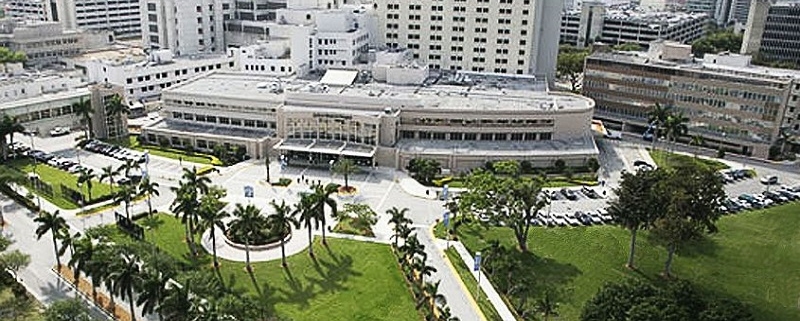Five Reasons For Physicians To Invest In Medical Office Buildings
Medical office buildings are becoming increasingly attractive to investors and real estate managers due to their stability and upside potential.
Here are five reasons why medical office buildings could be a good investment for physicians, according to a June 5 report from Benzinga and CityVest, a real estate investment platform.
- The healthcare industry is resilient through changing economic cycles. The need for healthcare and treatment of patients will always exist and is not subject to market downturns.
- There is a trend toward treating patients in medical office buildings and outpatient settings over hospital settings. Medical office buildings often have high occupancy rates and long-term leases.
- Medical office building tenants typically stay in one place for a long period of time, so they are willing to accept leases with renewal clauses and steady rent increases. Medical office building tenants have high expenses associated with moving, so retention rates are good.
- Medical office buildings draw in a diverse tenant base, with many different specialists that maintain a steady income.
- Over 4 million Americans will turn 65 this year, and baby boomers will start needing more medical care. Demand for medical offices will continue as people need more medical care.
Source: Becker’s ASC Review




